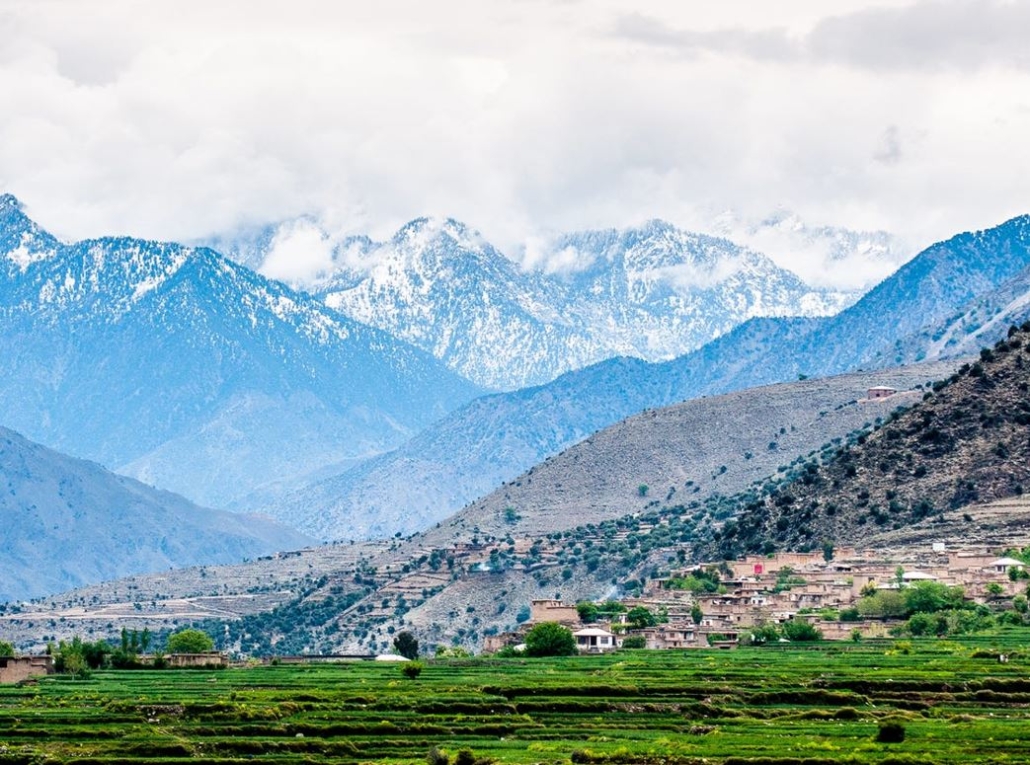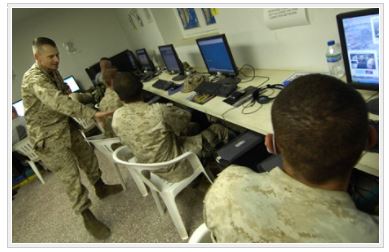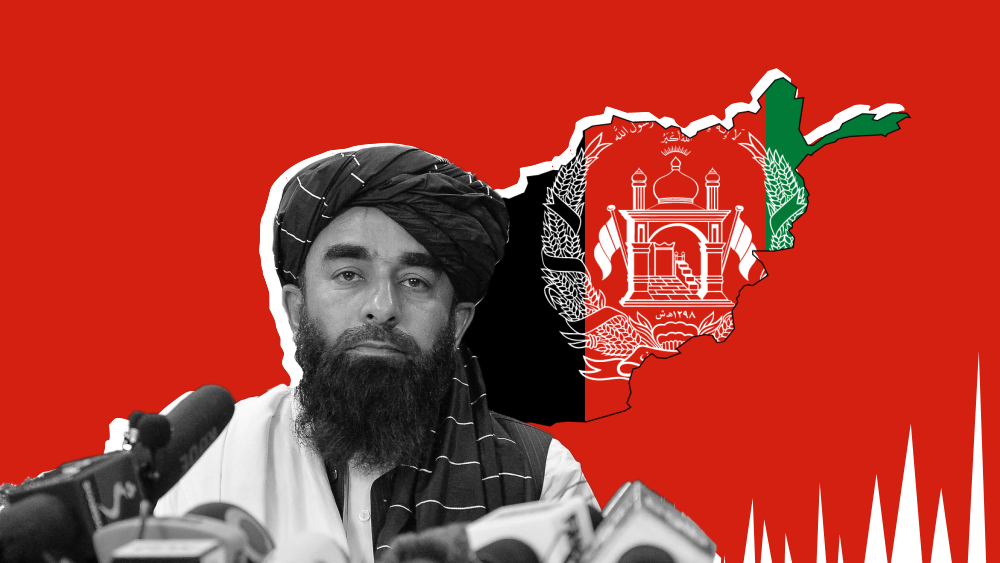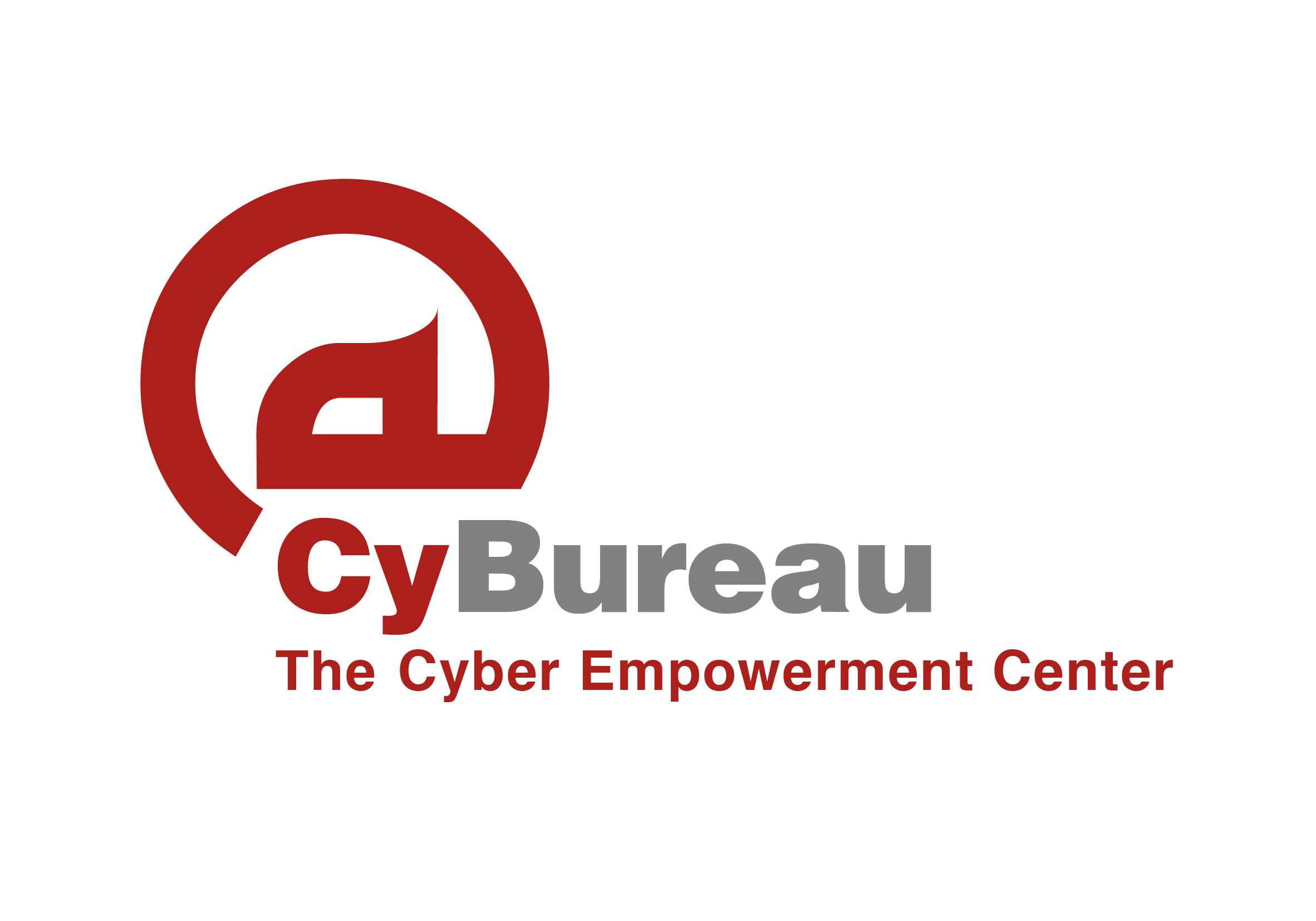Internet: The Last Window of Freedom for Afghanistan

In a country torn forever by war, and with the fall of Kabul, the current situation is reminiscent of the “Night Letters” (threatening letters posted on the wall of mosques or delivered to villages by night). Taliban used to effectively make use of these letters to subjugate the rurals under their domination. Previously banning any source of social communication to keep a strict eye on its people, today they are known for using every possible media avenue to strengthen their narrative to the world instead of hiding behind shadows like terrorist groups. The Taliban digital footprint can be traced back to 2005-06. When their website, Alemera went online. Today that website is available in three languages, Dari, Pashto and English and their social media handles are run by the Taliban themselves.
Introduced to the internet quite simultaneously with the rest of the world after being banned by the Taliban government, Afghanistan gained control of the domain “.af” in 2003. Consequently, the Afghanistan Network Information Center (AFGNIC) was set up to administer domain ids. Initially, the Minister of Culture and Information had important veto powers vested in him like foreign news agencies had to seek his permission to print news related to Afghanistan. By 2006, the independence of their media was almost fully established, provided all content not be violated or be contrary to the Afghan Constitution. They were to be regulated by an independent agency called the Afghanistan Telecom Regulatory Act (TRA).
Government opposition to ICT (Information and Communications Technology) has been a major factor behind limited internet access however the Freedom of Expression has always been an inviolable trait of the Afghan Constitution. Every Afghan has(d) the right to print articles without prior permission provided their content not be contrary to the provisions of the religion of Islam or be slanderous against individuals.

Source: FP
Despite numerous challenges like the fluctuating security situation, the communications sector has grown to become one of the largest revenue-generating sectors in Afghanistan, with over $1.8 billion in total investments back in 2012 itself. The growth of the internet and data services, in general, were relatively slow-paced in the beginning. In a 2018 research, over 4.7 million Afghans had full access to the internet. It is available in all 34 provinces of Afghanistan, except for the rural areas. Facebook alone is said to have over 3 million users from Afghanistan. Even internet cafes were available at some military bases for internet availability to deployed soldiers.

Awareness of current affairs through social media is high there but users have been more engaging with sports-related pages and entertainment primarily. Most Afghans use the platforms for simple social interactions and not for advocating any sort of political agenda. This shows that even though the user group is primarily homogenous, it can be understood that this is a generation of hungry Afghan youth who are desperate for a change.
Afghanistan reportedly has its share of online influencers, particularly women. They see it as a source of freedom that simply is not available elsewhere.
“A group of young women, using the hashtag #whereismyname, started a public debate on the custom of not using women’s names on invitations, in the market, and even on burial tombs and only referring to them as a wife or daughter of a man.” (The New York Times, 2021)
As of 2021, Afghanistan has approximately 8.64 million people with access to the internet. As the Taliban stormed the capital and took over the Afghan Presidential Palace on 16th August, young Afghans took to social media to share graphic details of the Taliban attacks and within hours, the hashtag #Don’t_Execute was trending on Twitter globally. Insecurity on the streets has made them turn to their only source of freedom: the internet. People retreated to social media to voice their pleas to the international community.
“When we talk of the Taliban, there is no need for expertise, analysis, and reasoning,” one person tweeted. “Our memories, pains, sobs, anger, and tears that have never been wiped off can explain, instead of dozens of books and articles, that they are murderers, criminals, and enemies and should never be returned to power.” (Mehrdad, 2021)
A certain amount of dread fills the citizens as they come to terms with the question of how long till they are deprived of the internet. As civilians took the most hit with the President fleeing the country, the only difference from 1996 was the access to the internet. Thousands of Afghans took to using the chants of “Allahu Akbar” on social media and streets of Kabul, thus trending it on all social media platforms.
“We still have access to TV and radios and, you know, things that weren’t allowed in 1996.” (All Things Considered, 2021)

“The world is against seizure of power by violence and force. It will not legitimise such actions,” Indian External Affairs Minister Mr Jaishankar told the grouping including Ministers from Afghanistan, Pakistan, China, Russia, Kyrgyzstan, Uzbekistan, and Tajikistan. (Haidar, July 14, 2021).



This is such a well researched article. Kudos🌻